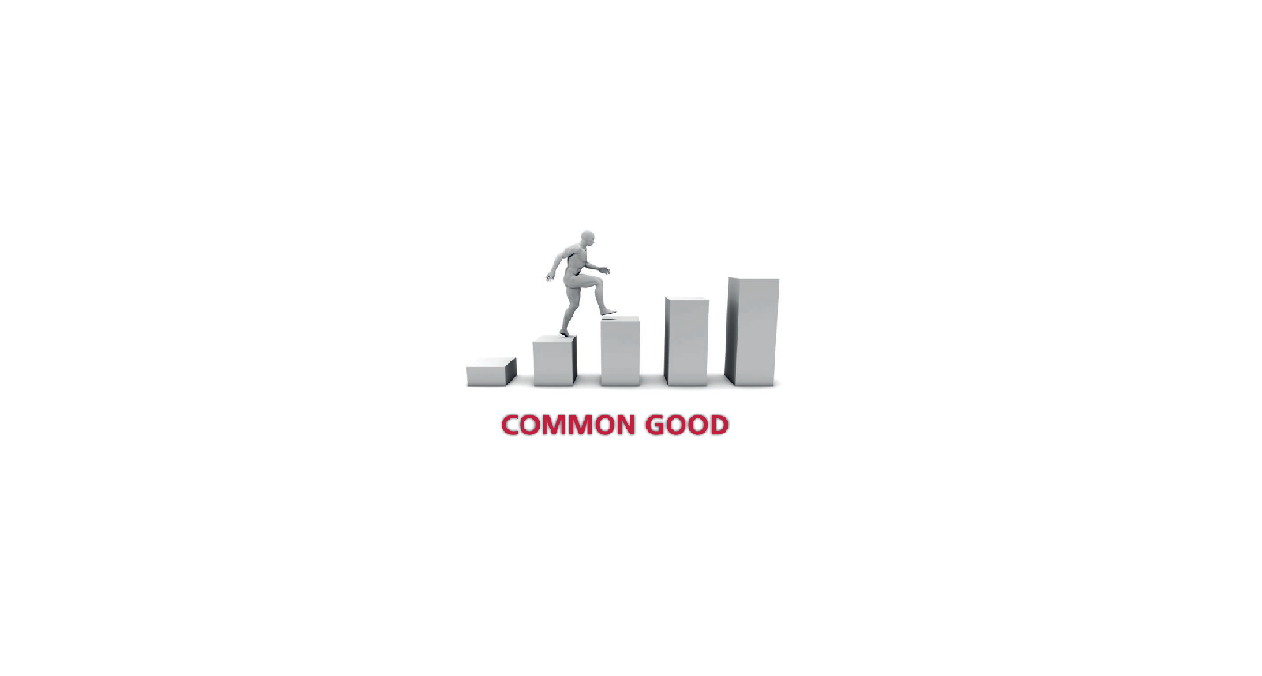Introduction
Many decisions involve choosing between individual interest and the common good. For example, when choosing between policies to be implemented, do Swiss public decision-makers consider and internalize the differentiated effects of a given policy on different social groups (the Swiss versus foreigners, for example)? The disposition to prioritize the common good over individual interest is equated with a particular value: universalism (that is, the ability to consider equally the well-being of all people, whether they are socially close or distant (Enke et al. 2022)). This value has been given considerable attention in the social sciences literature, since it is a predictor of pro-social behaviour, political opinions, and attitudes towards climate change, among other things, to be considered along with “classic” variables such as income, wealth, education, religiosity or beliefs in government effectiveness. What we know less well, or not at all, is how to generate this value: how an individual can become universalist. This is the goal of my research presented here: to find out whether economic institutions could shape this value, and through what mechanisms.
The research process
Philosophy and social sciences have long emphasized the differences between the public and private sectors, in terms of organizational objectives, as regards the relative importance given to the common good and private interest. The theoretical hypothesis that this research formulates and tests is that the public sector inculcates universalism in its workers by exposing them to the public spirit, in other words, the primacy of the common good over individual interest.
The Swiss Household Panel provides geolocated individual-level data on respondents’ occupational choices between the public and private sectors and on their preferences over time. This makes it possible to estimate how universalism (and other preferences) varies in the same individuals, exposed to the same labour market, when they move from one sector to another. Causal identification however comes up against the concern of potential dynamic selection that explains why a worker switches sector. In particular, an individual may switch sector following a “positive shock” to their universalism (by falling in love with someone new, for example!) and may have become universalist before switching sector.
To remove this bias, the study compares the initial universalism of individuals who change sector (prior to the change) with that of individuals who have remained in the same sector, and finds that the selection based on universalism is at the public-service occupation level (education, health and social services, which are in both the public and private sectors) rather than at the public sector level. It is then possible to capture the causal effect of the institutional sector by focusing on workers who do not work in public-service occupations.
Results, discussions and implications
Results indicate that 33% of workers who were initially non-universalist become universalist when they switch from the private to the public sector. However, no such effect of the public sector is found on ideology, on attitudes towards welfare and redistribution, or on trust in public institutions. Moreover, workers who become universalist in the workplace adopt the general behaviour that the literature associates with universalists: they have fewer friends, donate less locally but more globally, and act less like “free-riders”. These results suggest that workers have thoroughly internalized this value and that, once internalized, it guides their behaviour.
Obviously, the public sector’s effect may vary with the type of state capture (a form of political corruption in which the private interests of a group considerably influence the decision process of a state to their own advantage). This research leverages historical differences of state capture that have generated persistent cultural differences in terms of individuals’ belief in the state, and in its duty to favour the common good over individual interests, in order to highlight the impact of the public sector on universalism through exposure to the public spirit.
Since workers may also be parents or friends, and thus spread their values in turn, the public sector has major repercussions on the diffusion of this value throughout society as a whole. One implication of the results is that a society can make the choice to have a larger public sector to ensure wide dissemination of this value. The research also suggests that to be fruitful, any reform of the public sector must combine incentives and moral messages centred on the common good, exploiting complementarities between the two.
Note: This article was published as part of IDHEAP Policy Brief No. 7.
References:
- Laure Athias (2024). Common Good Institutions, Identity in the Workplace, and Value Dynamics. Working Paper
Benjamin Enke, Ricardo Rodriguez-Padilla and Florian Zimmermann (2022). Moral Universalism: Measurement and Economic Relevance. Management Science, 68(5), 3590-3603.
image: Shutterstock






